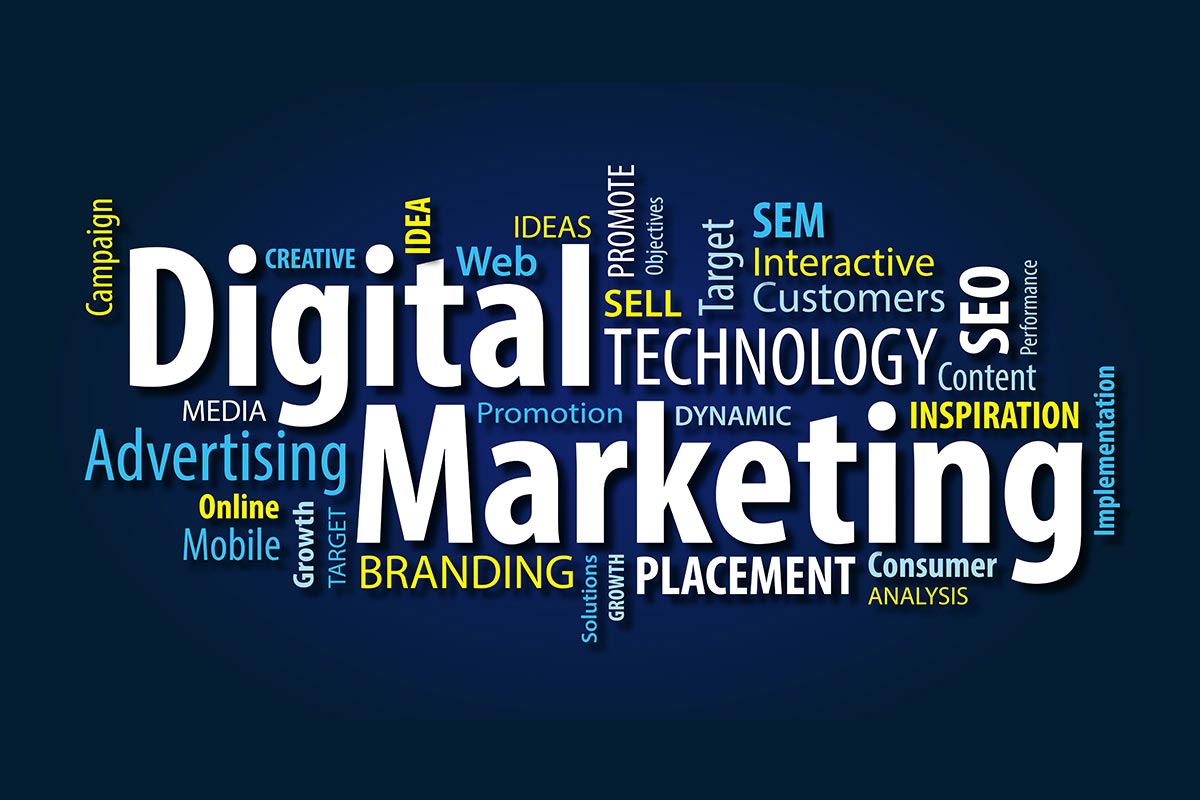These days, marketing technology (MT) is essential to helping companies of all sizes and shapes engage with their customers. In this setting, MTS matters from small startups to longtime companies. They both need to capitalize on the right marketing technology stack and be able to stand against the volatile market trend.
Marketing Technology
Marketing technology refers to various tools and platforms that allow marketers to simplify their processes. It define objectives and presents data to execute promotions effectively. This comprehensive line will cover digital marketing tools like CRM software, analytics solutions, etc.
Marketing Technology Stack Exploration
At the heart of modern marketing operations is the marketing technology stack (MTS), a unique combination of various tools and technologies with a great symphony. Considering all these elements, they shoulder marketing efforts driven by powerful software for email marketing, social media management, content management, analytics, and automation.
Digital marketing technology
Technology has changed how customers and businesses interact by giving them quick access to rich information and the flexibility to communicate anytime, anywhere.
Automation, artificial intelligence, and data analysis advancements have created a revolution in digital marketing technology. The modern marketing field is progressively providing marketers with advanced tools, such as personalized content delivery, precise targeting of suitable audiences, and analytical campaign performance measurement.
Utilizing Technology for Enterprise Marketing
Enterprise marketing technology is a term designed for the particular needs of large companies, and it provides specialized tools and platforms. Usually, they use enterprise resource planning and CRM software to enhance these platforms. This action gives sales and marketing teams a comprehensive view of customer relationships, eventually leading to more creative advertising.
Keys to the Marketing Technological Update
Personalization:
Given the volume of data available today, marketers use it to their advantage by tailoring promotions to individual consumers.
Artificial Intelligence:
Artificial intelligence technologies make marketing routine tasks, many on autopilot and data analysis, while predicting customers’ behavior.
Cross-channel Marketing:
Marketing is taking advantage of various forms of communication like social media, email, and mobile devices to keep customer engagement along the way to their purchasing journey smooth and unbroken.
Privacy and Compliance:
Data privacy regulations are set to become more strict, and marketers are shifting their gears to focus more on compliance and the use of technologies that ensure customer data security.
The Key Role of Data-Driven Aid in Improving Environmental Community State
An information-based tool will help marketers gain detailed knowledge of their target audience, allowing them to produce a marketing mix that has been elaborated on in detail. Marketers can better understand their customers’ behavior when they use data analysis to detect patterns and tendencies, which result in predicting customer requirements and wishes.
This deep understanding allows marketers to conduct highly targeted campaigns that lead to notable results and boost the probability of interaction.
Also, an acquired technique allows marketers to tweak campaigns instantly. By adding the task of regularly measuring performance metrics, marketers can identify areas for improvement and readjust strategies without waiting for the marketing campaign to finish.
Establishing a cloud-based hub for marketing technology (MTS), where all platforms have centralized access for stakeholders, is the first step towards a data-driven approach. An excellent brand monitor sets the stage for intelligent marketing. It gives marketers the necessary assets and resources to properly obtain, analyze, and act on data.
Market analysis
One of the fundamental principles to keep in mind while forming a marketing technology stack is to first choose the objectives and requirements of your organization. This includes conducting a market analysis of your marketing needs and the intended audience. Irrespective of whether you desire to establish firm brand recognition and generate leads or sales, choosing the tools that align with your objectives and the present systems is essential.
The choice of the tool is pivotal; thus, you must research it before choosing it for your marketing technology stack. Investing your time into inquiring about the diverseness of the choices and matching the attributes, such as functionality and applicability, to your business needs may be helpful. Find the tools that provide thorough analytics capabilities, enabling you to make critical decisions on shoppers’ behavior trends and campaign activities.
Conclusion
The speed of marketing technology advancements terrifies many marketers, as they are constantly looking for ways to invent and excel in their endeavors. Businesses can stay competitive in the digital age by staying up to date on trends and utilizing tools and best practices. A strong marketing technology stack is an essential tool for any business involved in marketing, regardless of size, as it helps navigate the fiercely competitive modern marketing landscape.



